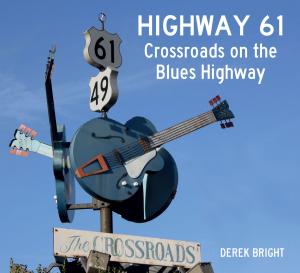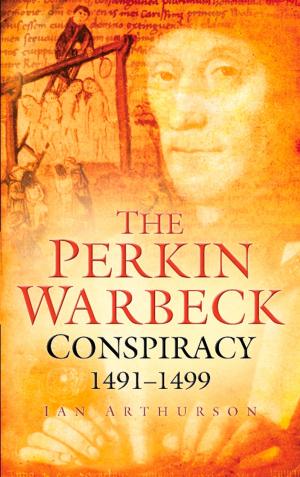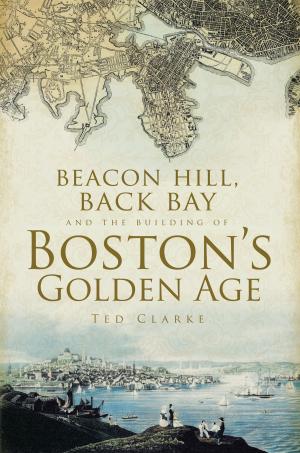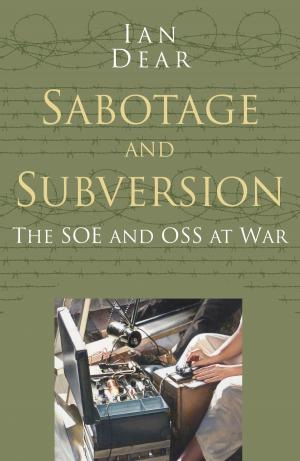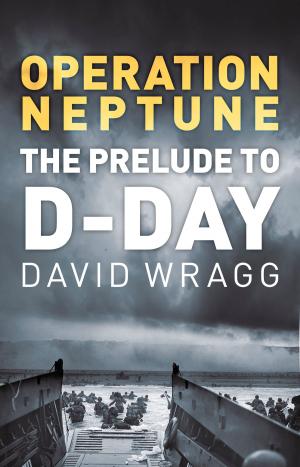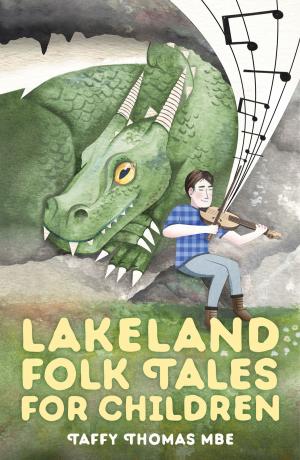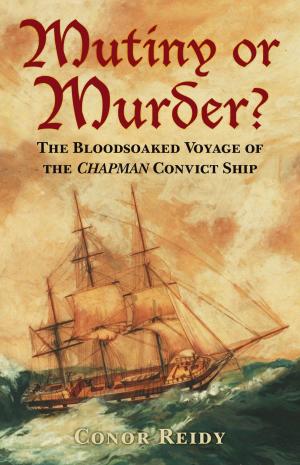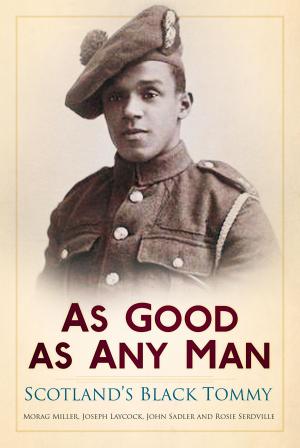| Author: | Michael McNally | ISBN: | 9780752496580 |
| Publisher: | The History Press | Publication: | November 17, 2008 |
| Imprint: | The History Press | Language: | English |
| Author: | Michael McNally |
| ISBN: | 9780752496580 |
| Publisher: | The History Press |
| Publication: | November 17, 2008 |
| Imprint: | The History Press |
| Language: | English |
With more than 60,000 combatants, the Battle of the Boyne, which took place on July 1, 1690, was the largest battle ever fought on Irish soil, and has long been regarded as the pivotal event of the Williamite War due to the presence of two crowned Kings of England—James II and William III—in command of the opposing armies. This is in fact a fallacy, as the crucial engagement of the conflict, and indeed Ireland’s bloodiest battle, took place almost a year later when almost 20,000 Jacobite troops met an opposing Williamite army of over 25,000 men on the afternoon of July 12th, 1691, outside the village of Aughrim in County Galway in the west of Ireland. Aughrim was truly decisive in that, because of the casualties suffered by the defeated Jacobite forces, it was the last field engagement of a war which had begun in the spring of 1689 and ended with the signing of the Treaty of Limerick in October 1691. As a result of this the battle is often referred to as both "Aughrim of the Slaughter" and "Ireland’s Gettysburg."
With more than 60,000 combatants, the Battle of the Boyne, which took place on July 1, 1690, was the largest battle ever fought on Irish soil, and has long been regarded as the pivotal event of the Williamite War due to the presence of two crowned Kings of England—James II and William III—in command of the opposing armies. This is in fact a fallacy, as the crucial engagement of the conflict, and indeed Ireland’s bloodiest battle, took place almost a year later when almost 20,000 Jacobite troops met an opposing Williamite army of over 25,000 men on the afternoon of July 12th, 1691, outside the village of Aughrim in County Galway in the west of Ireland. Aughrim was truly decisive in that, because of the casualties suffered by the defeated Jacobite forces, it was the last field engagement of a war which had begun in the spring of 1689 and ended with the signing of the Treaty of Limerick in October 1691. As a result of this the battle is often referred to as both "Aughrim of the Slaughter" and "Ireland’s Gettysburg."

